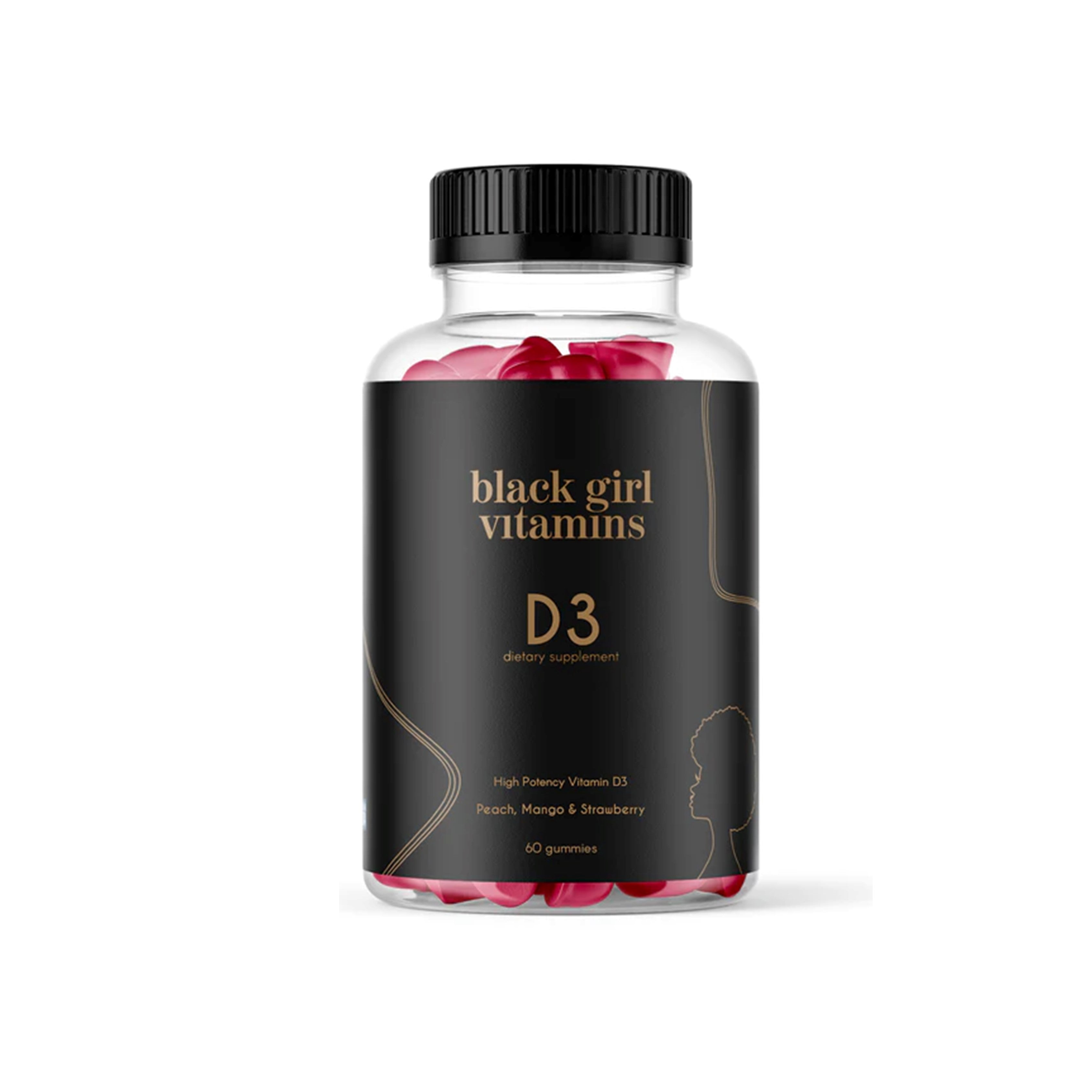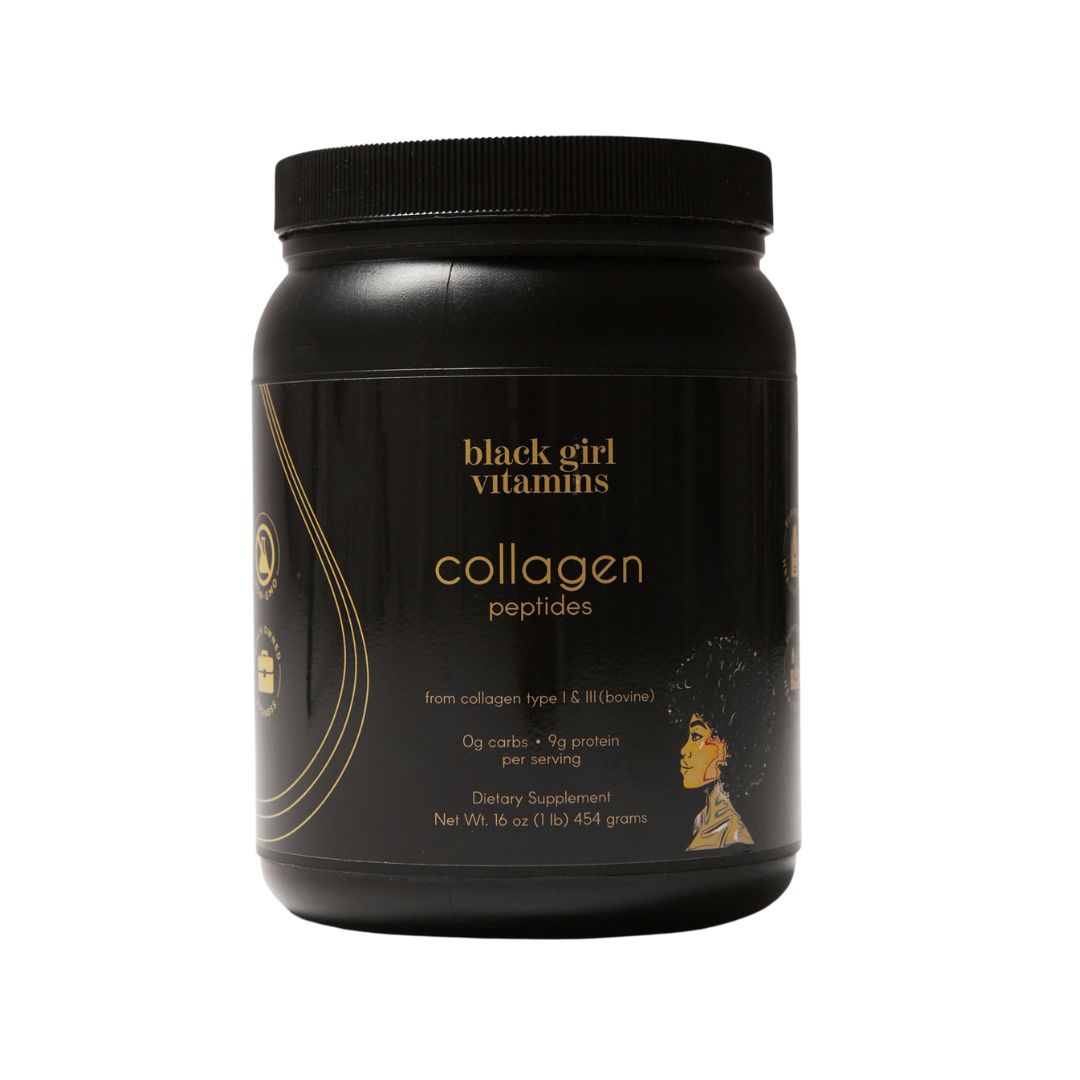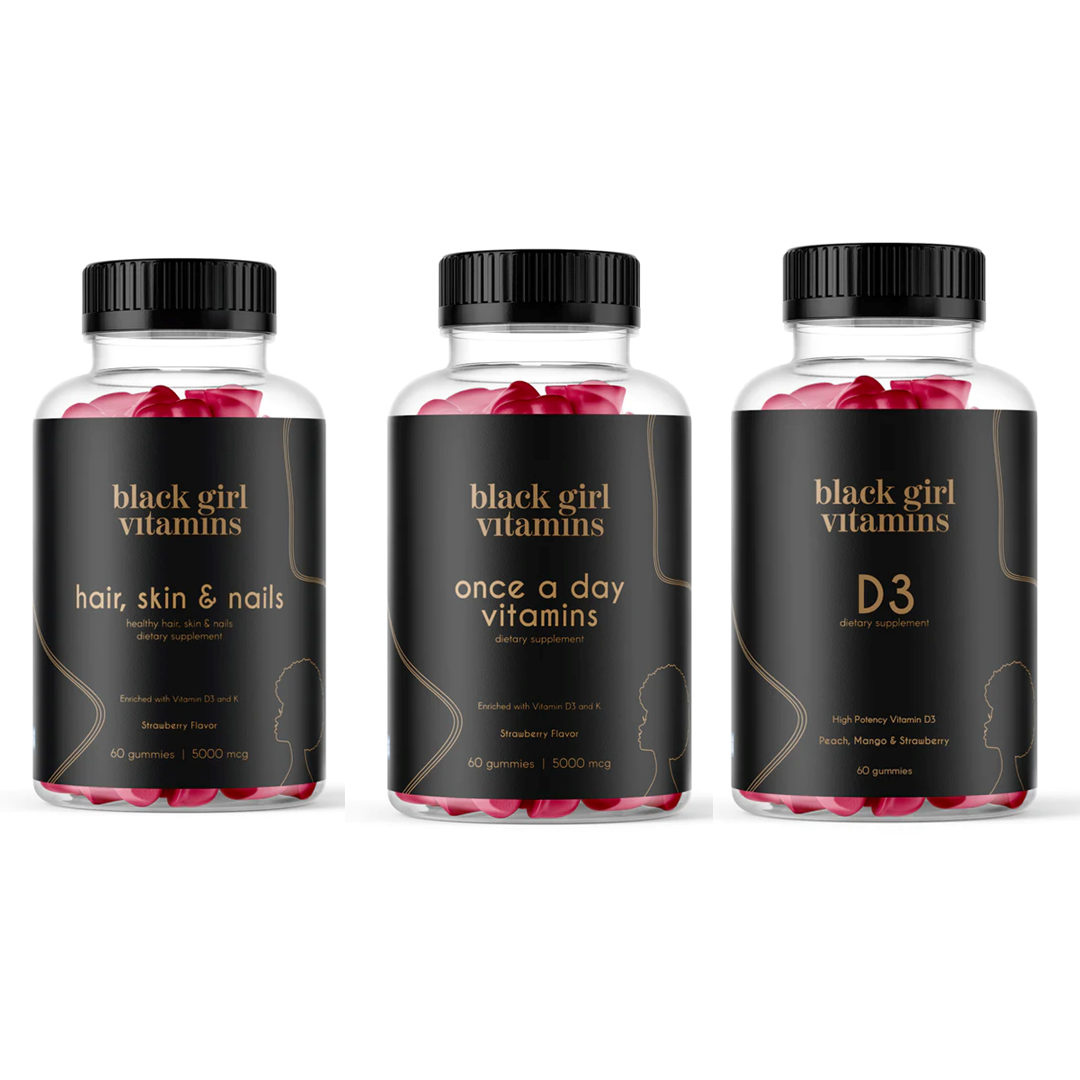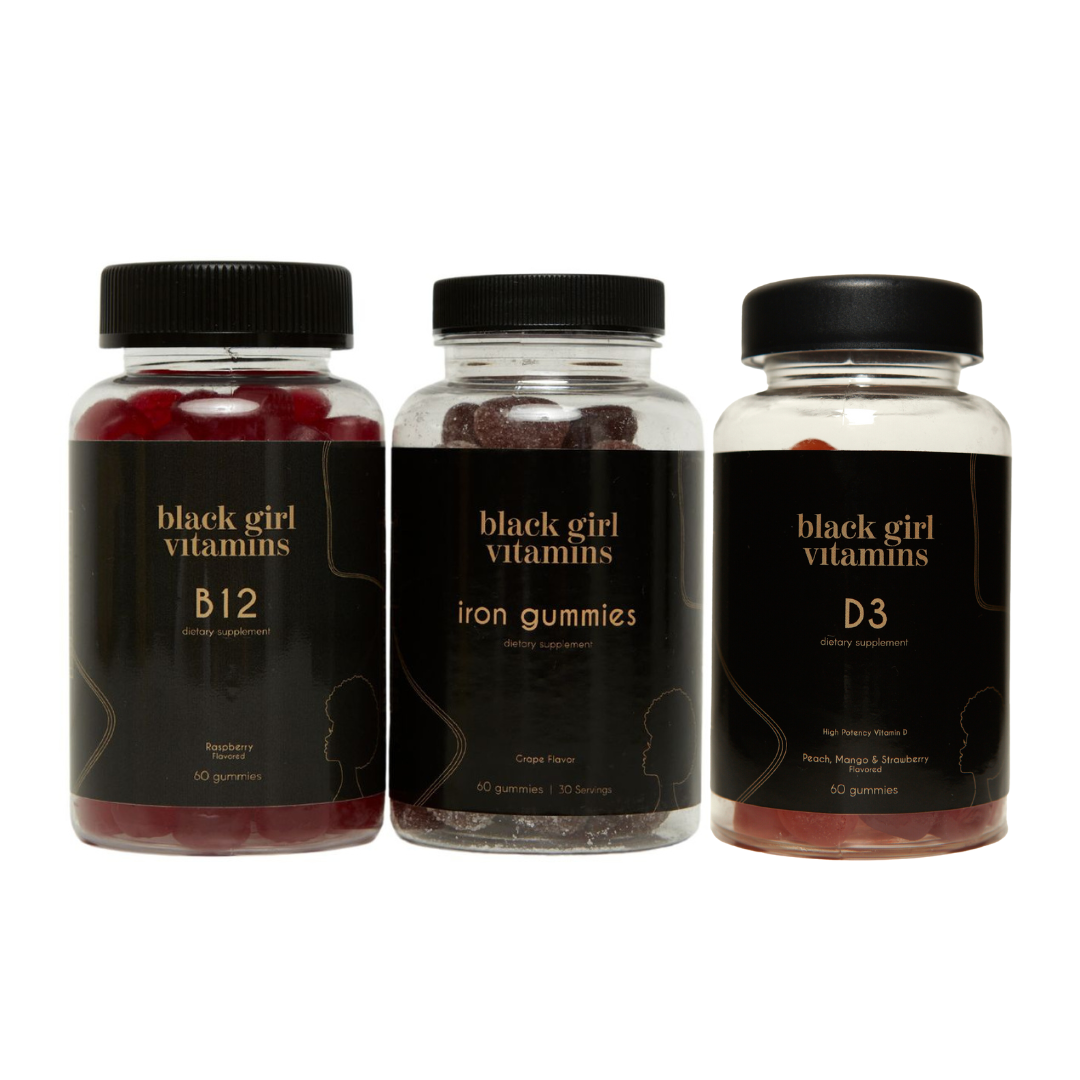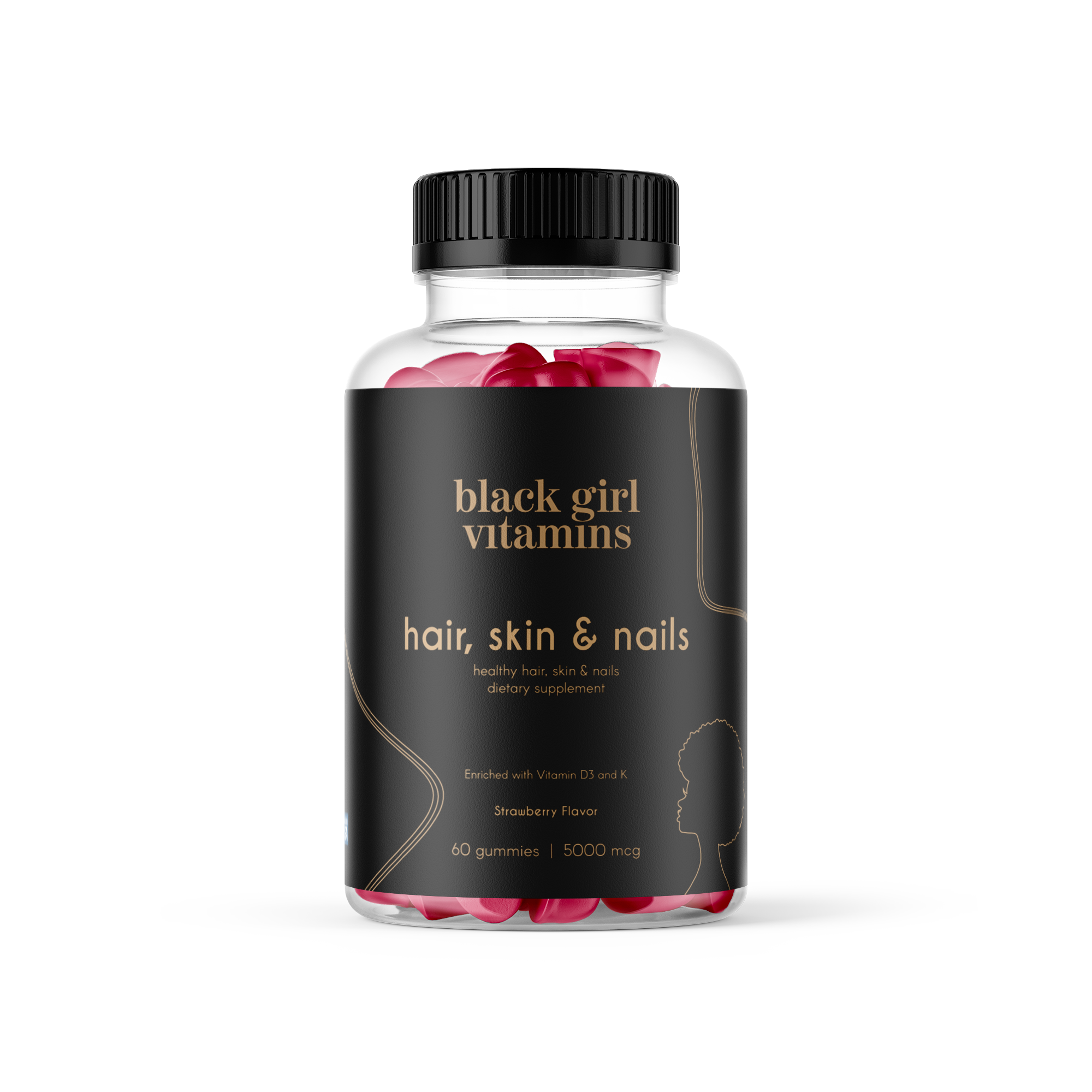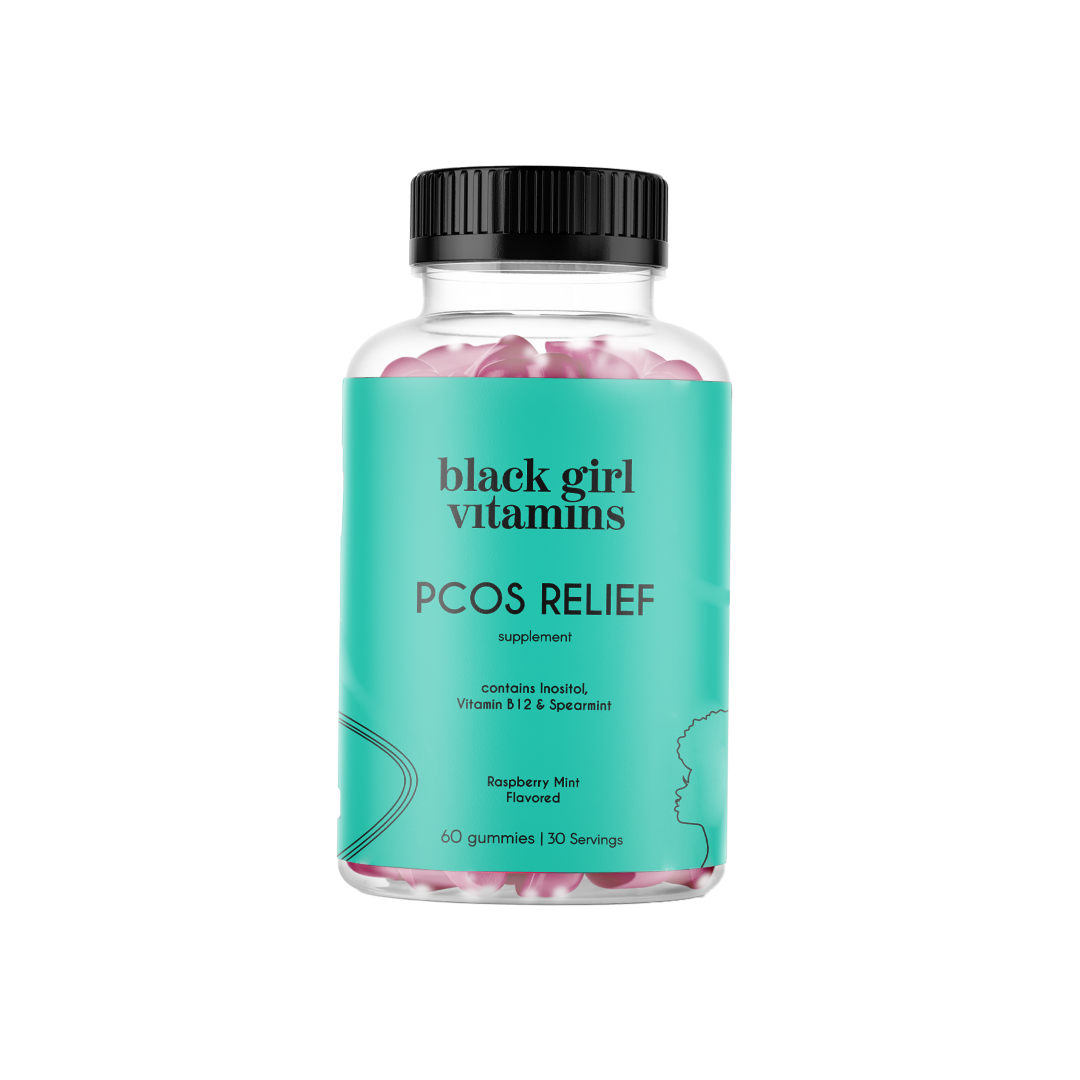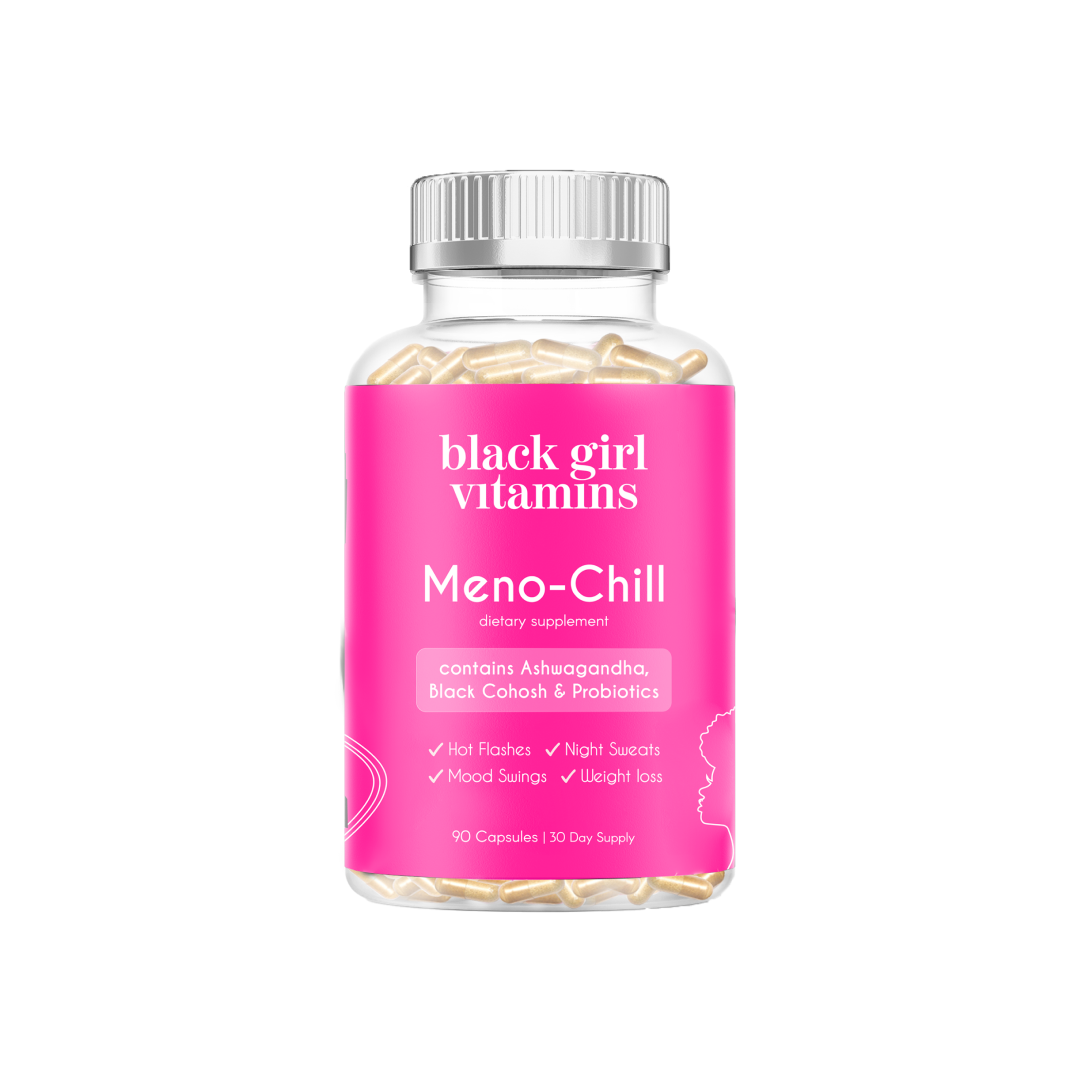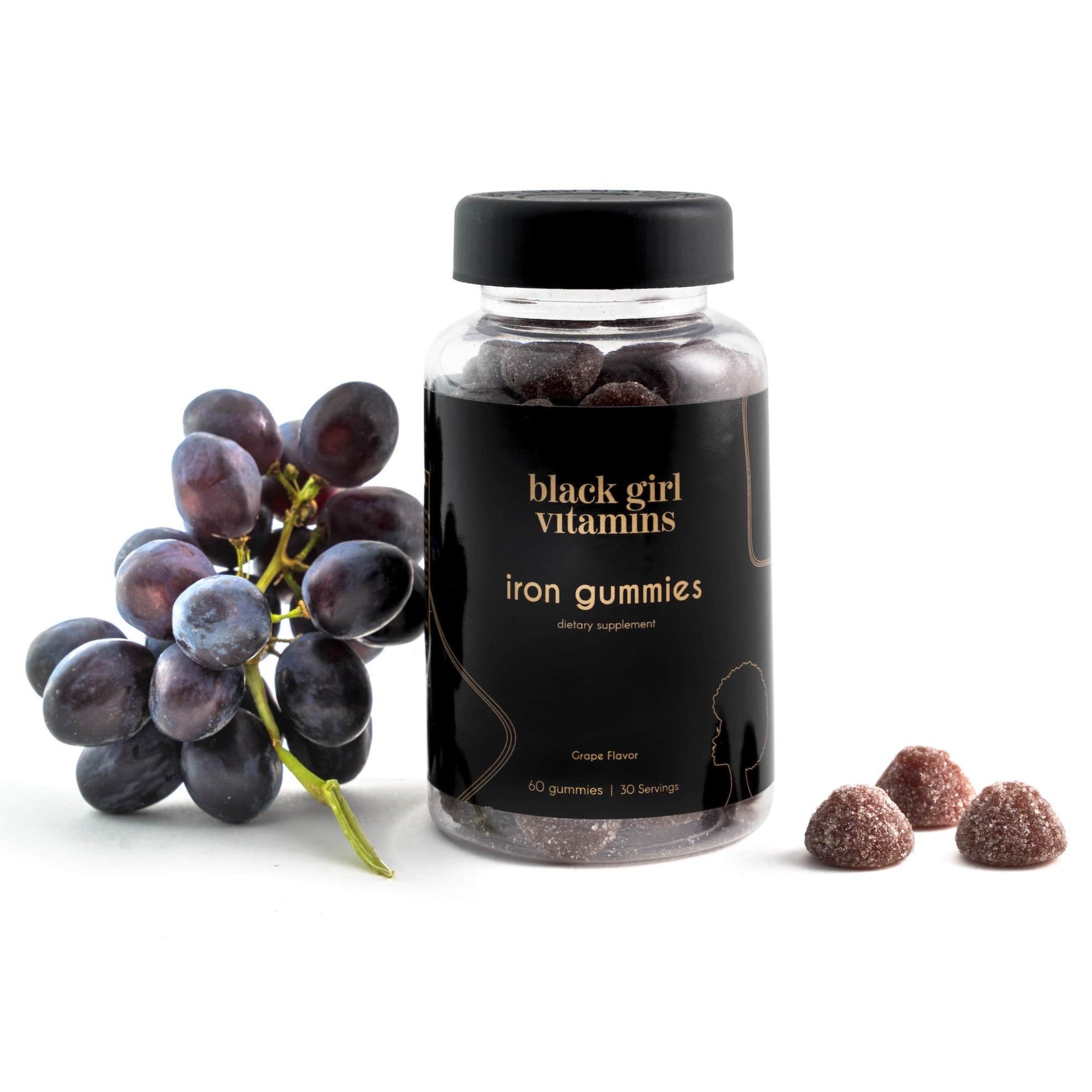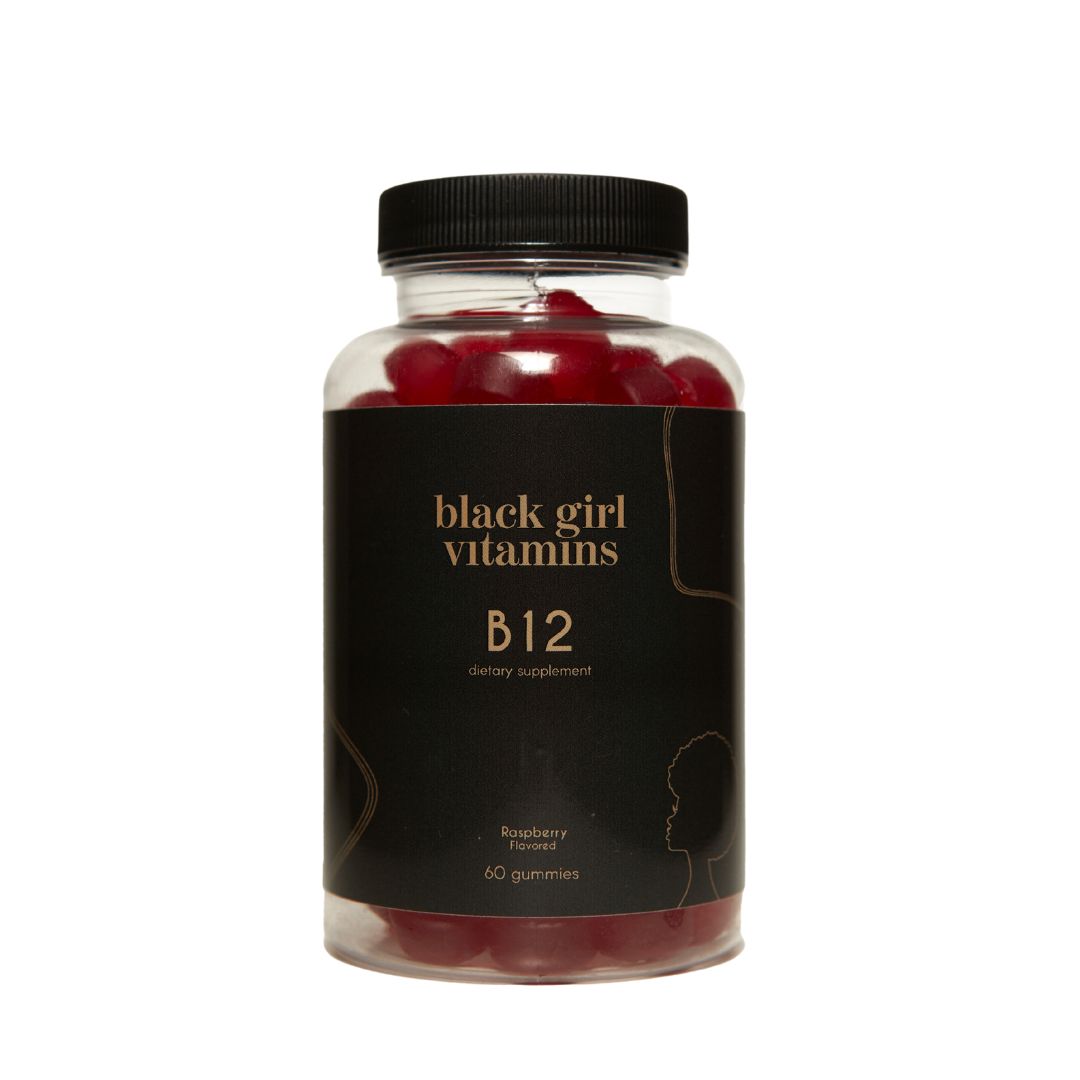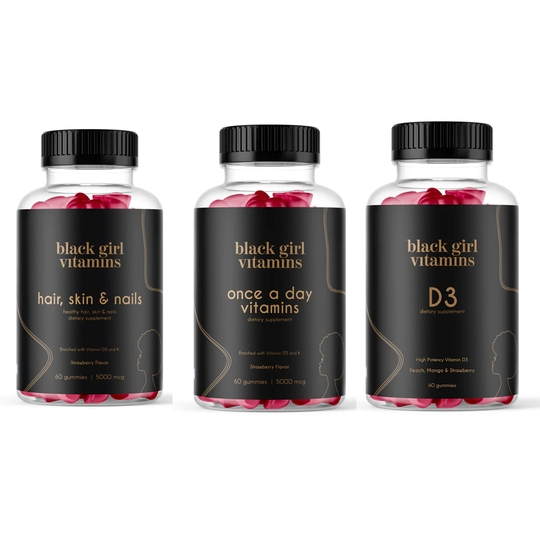What Should Be in Your Multivitamin to Address Unique Nutritional Needs
The multivitamin market presents countless formulations claiming comprehensive nutritional support, yet most fail to address the specific deficiencies that disproportionately affect Black women. Understanding which nutrients deserve priority in a multivitamin formulation requires examining both general nutritional needs and the particular health disparities that research consistently identifies within this demographic. An effective multivitamin for Black women should function as a strategic intervention rather than a generic supplement, targeting documented nutritional gaps while supporting overall health optimization.
The concept of personalized nutrition has evolved beyond marketing terminology to represent a scientifically backed approach to supplement formulation. Research demonstrates that micronutrient deficiencies occur in specific segments of the adult population, with multivitamin supplements serving to reduce inadequacies in micronutrient intake when properly formulated (PMC). For Black women, this targeted approach proves essential given the documented higher rates of specific deficiencies that standard multivitamins often inadequately address.
Essential Foundation Nutrients: Iron and Folic Acid
Iron stands as perhaps the most critical nutrient for Black women's multivitamin formulations due to significantly higher rates of iron deficiency within this demographic. The Centers for Disease Control and Prevention recommends that all women of reproductive age receive adequate iron through supplementation, particularly given that the amount of iron in multivitamins may provide essential benefits for women of childbearing potential (Johns Hopkins Medicine).
Folic acid represents another foundational nutrient requiring special attention in multivitamin formulations. The CDC recommends that all women of reproductive age obtain 400 micrograms of folic acid daily, recognizing its crucial role in preventing neural tube defects and supporting overall cellular function. The bioavailability of folic acid supplements reaches 100% when properly formulated, making supplementation more reliable than dietary sources alone (Oregon State University).
The combination of iron and folic acid in multivitamin formulations requires careful consideration of absorption factors. Iron absorption can be enhanced or inhibited by other nutrients present in the formulation, making the overall composition as important as individual nutrient amounts.
Vitamin D: Addressing the Most Significant Deficiency
Research from the USDA Agricultural Research Service reveals that African-American women maintain approximately half the circulating vitamin D levels of white women throughout the year, with smaller seasonal increases during summer months when sun exposure typically boosts vitamin D synthesis (USDA ARS). This disparity stems from higher melanin content that reduces the skin's ability to synthesize vitamin D from sunlight exposure.
The implications of widespread vitamin D deficiency extend beyond bone health to encompass immune function, mood regulation, and cellular processes throughout the body. Adequate vitamin D levels support optimal immune response, help regulate inflammatory processes, and contribute to overall health outcomes that affect quality of life and disease prevention.
Multivitamin formulations for Black women should include vitamin D levels that acknowledge this higher deficiency risk while remaining within safe supplementation ranges. The form of vitamin D included in the formulation also affects absorption and utilization, making vitamin D3 (cholecalciferol) the preferred form for most individuals.
B-Complex Vitamins: Supporting Energy and Neurological Function
The B-vitamin complex encompasses eight essential nutrients that work synergistically to support energy metabolism, neurological function, and cellular processes. Research demonstrates that daily multivitamin supplementation leads to substantially increased blood concentrations of folate and vitamin B12 after eight weeks, with subsequent reductions in homocysteine concentrations that indicate improved cardiovascular health markers (PMC).
B12 deficiency proves particularly concerning for Black women, given its role in energy production and neurological function. Symptoms, including fatigue, weakness, and cognitive difficulties, often develop gradually, making the deficiency difficult to identify without specific testing. Adequate B12 levels in multivitamin formulations help prevent these complications while supporting optimal energy levels.
The inclusion of other B-vitamins, including B6, riboflavin, thiamin, and niacin, provides comprehensive support for energy metabolism and stress response. These nutrients work together to convert food into cellular energy while supporting the nervous system's ability to manage daily demands and challenging periods.
Antioxidant Protection: Vitamins C and E
Antioxidant vitamins, including vitamin C and vitamin E, provide essential protection against cellular damage while supporting immune function and skin health. Vitamin C plays dual roles in multivitamin formulations, serving both as an antioxidant and as an absorption enhancer for iron. This makes vitamin C inclusion particularly strategic in formulations designed for Black women, who benefit from both improved iron absorption and enhanced antioxidant protection.
Vitamin E works synergistically with vitamin C to provide comprehensive antioxidant coverage, protecting cell membranes from oxidative damage while supporting immune function. The combination of these antioxidants proves more effective than either nutrient alone, demonstrating the importance of balanced formulations over high-dose single nutrients.
The ratios between different antioxidants affect their overall effectiveness, making the formulation approach as important as the individual nutrient amounts. Properly balanced antioxidant combinations provide sustained protection while avoiding the potential negative effects that can occur with excessive single-nutrient supplementation.
Strategic Formulation Considerations: Absorption and Bioavailability
The effectiveness of any multivitamin depends not only on which nutrients it contains but also on how well those nutrients can be absorbed and utilized by the body. Research reveals that nutrient interactions within multivitamin formulations significantly impact bioavailability, with some combinations enhancing absorption while others may create competitive inhibition (Sage Journals).
Calcium and iron provide a classic example of nutrient interaction challenges. While both minerals are essential for women's health, calcium can significantly reduce iron absorption when consumed simultaneously. Strategic multivitamin formulations address this challenge through timing recommendations, dosage adjustments, or specialized delivery systems that optimize absorption of both nutrients.
The form of nutrients included in multivitamin formulations also affects bioavailability. Chelated minerals typically demonstrate superior absorption compared to standard mineral salts, while specific vitamin forms may offer enhanced stability or utilization. These formulation details distinguish high-quality multivitamins from basic commodity products.
Quality Standards and Third-Party Testing
The FDA does not evaluate multivitamins for safety prior to market release, making independent third-party testing essential for ensuring product quality and purity. High-quality multivitamin manufacturers voluntarily submit their products for testing to verify nutrient content, check for contaminants, and confirm that formulations meet label claims.
Third-party testing also evaluates dissolution rates to ensure that nutrients become available for absorption within appropriate timeframes. A multivitamin that fails to dissolve properly cannot provide the nutritional benefits listed on its label, regardless of the quality of its ingredient sourcing.
Certifications, including USP verification, NSF certification, or organic credentials, provide additional assurance of quality and manufacturing standards. These certifications indicate that products meet stringent criteria for purity, potency, and manufacturing practices.
Building Your Optimal Multivitamin Strategy
The most effective multivitamin for Black women addresses documented nutritional deficiencies while supporting overall health optimization through strategically balanced formulations. Priority nutrients include adequate vitamin D to address widespread deficiency, appropriate iron levels to prevent anemia, sufficient folic acid for cellular function, and comprehensive B-vitamin support for energy and neurological health.
Quality considerations prove equally important as nutrient selection. Seeking multivitamins from companies that invest in third-party testing, use bioavailable nutrient forms, and demonstrate understanding of nutrient interactions helps ensure that supplementation provides genuine health benefits rather than expensive placebo effects.
The timing and consistency of multivitamin use affect long-term outcomes. Regular daily supplementation allows the body to maintain steady nutrient levels while addressing deficiencies gradually over time. This approach provides more sustainable benefits than sporadic supplementation or reliance solely on dietary sources during periods of increased nutritional demands.
Through strategic multivitamin selection that acknowledges the unique nutritional needs of Black women, supplementation becomes a powerful tool for addressing health disparities while supporting optimal wellness outcomes across multiple body systems.
Ready for experiencing supportive and tailor-made skin protection? Visit blackgirlvitamins.co to explore scientifically formulated supplements designed to support your skin's natural protective abilities.





